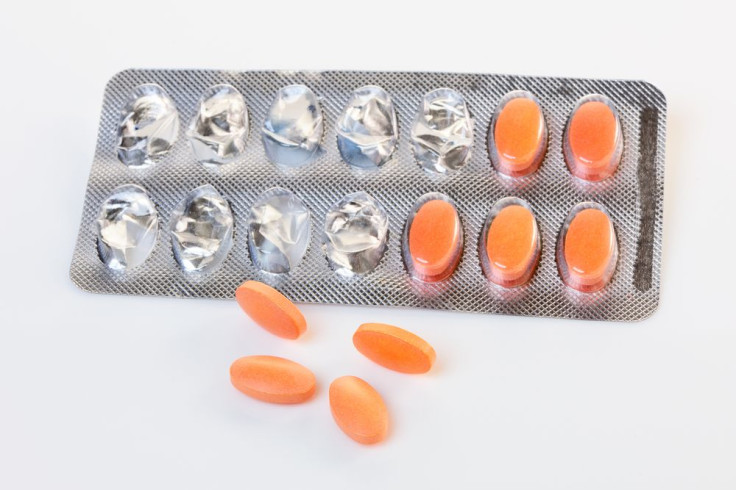Patients Taking Generic Statins More Likely To Stick To Their Drug Regimen, Benefiting Their Hearts

When choosing whether to go with a generic store-brand version of a drug, such as ibuprofen, or its more expensive brand name version (Advil, Midol, Motrin), chances are that most of us will choose the generic version on the basis that they all have the same chemical composition, and are thus equally effective. But there’s another aspect to their effectiveness we barely consider: cost. Sure, we don’t want to spend as much money for the drug, but a new study finds that generic drugs, specifically statins, tend to be more effective because patients are more likely to stick to a regimen with them.
“Our study is the first to investigate whether generic versus brand-name statins play a direct role in improving health outcomes,” said Joshua J. Gagne, assistant professor of medicine in the Division of Pharmacoeconomics at Brigham and Women’s Hospital (BWH), in a press release. “Patients will only get the full clinical benefit of their medications if they take them, and our study found that patients are more likely to take generic statins than brand-name versions, which have a higher associated cost.”
Statins go by the brand names of Zocor, Lipitor, and Crestor, and are used to lower cholesterol in people whose arteries are clogged up, putting them at risk of a heart attack or stroke. As Mayo Clinic puts it, taking statins is a lifelong commitment. Even when they help a person’s cholesterol go down, they must continue to take them as prescribed in order to keep it down.
The study, conducted by researchers at BWH as well as Harvard Medical School and CVS Health, involved looking at electronic records from medical and pharmacy claims and comparing it to prescription drug coverage among Medicare beneficiaries aged 65 and up between 2006 and 2008. From there, they were able to determine who bought generic drugs or brand name ones, and how dedicated they were to sticking to a schedule. They found that those who took generic drugs were eight percent less likely to experience a heart attack, stroke, or death.
“Generic drug use has been widely recognized to reduce patient out-of-pocket costs and payer spending,” Gagne said. “Among patients in our study, the mean copayment for the generic statin was $10 and $48 for brand-name statins. Our finding that adherence is greater with generic statins is consistent with other studies that have shown a direct relation between higher copayments and lower adherence.”
Heart disease is the leading cause of death in the U.S., killing 600,000 people yearly, according to the Centers for Disease Control and Prevention. Though statins aren’t guaranteed to help everyone, they can vastly improve the quality of life of people taking them. What’s more, they can give patients time to adopt healthier lifestyles, which can also help to lower cholesterol, and ultimately wean them off statins altogether.
Source: Gagne J, et al. Annals of Internal Medicine. 2014.
Published by Medicaldaily.com



























